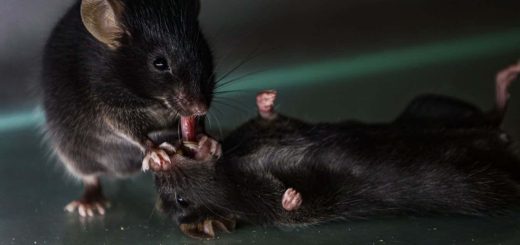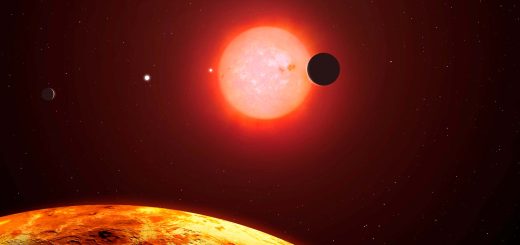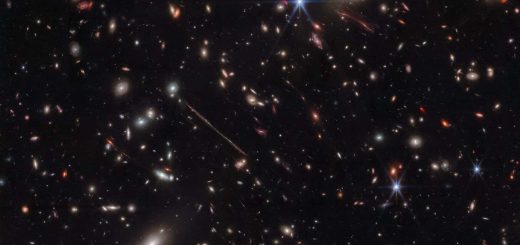China is readying a mission to two rocky bodies in our solar system
China’s ambitious Tianwen-2 mission will soon be heading to two extremely different space rocks, and should provide vital data to help us understand the nature of asteroids and comets
By Matthew Sparkes
21 May 2025
An artist’s impression of Earth’s quasi-satellite Kamo`oalewa, the first destination of the Tianwen-2 mission
Addy Graham/University of Arizona
Final preparations are under way for China to launch an uncrewed craft to visit both an asteroid and a comet, in the hope of learning more about the space rocks in our solar system.
The Tianwen-2 mission by the China National Space Administration (CNSA) will collect a 100-gram sample from the asteroid Kamoʻoalewa and return it to Earth. After dropping off the sample, the probe will use our planet’s gravity as a slingshot to boost itself towards the comet 311P/PanSTARRS, which it will observe remotely.
Read more
Dozens of stars show signs of hosting advanced alien civilisations
Advertisement
The mission is due to launch from the Xichang Satellite Launch Center in Sichuan province on 29 May. It won’t be the first to return samples of asteroids to Earth, as both NASA’s OSIRIS-REx and JAXA’s Hayabusa missions have already done that. But it will be China’s first mission to an asteroid involving the return of a rock sample, and it is likely to be the first mission to a unique type of body called a quasi-satellite.
Quasi-satellites like Kamoʻoalewa don’t strictly orbit Earth, but travel in a similar orbit to us around the sun, swinging elliptically around our planet as they do so. This unusual situation has led scientists to suspect that this particular one is a chunk of the moon ejected millions of years ago by an asteroid impact.
On the other hand, 311P/PanSTARRS has an asteroid-like orbit – spinning around our sun in the asteroid belt between Mars and Jupiter – but with an appearance more like a comet because it has tails. These are suspected of being bits of dust and rubble flung out from its spinning body.


